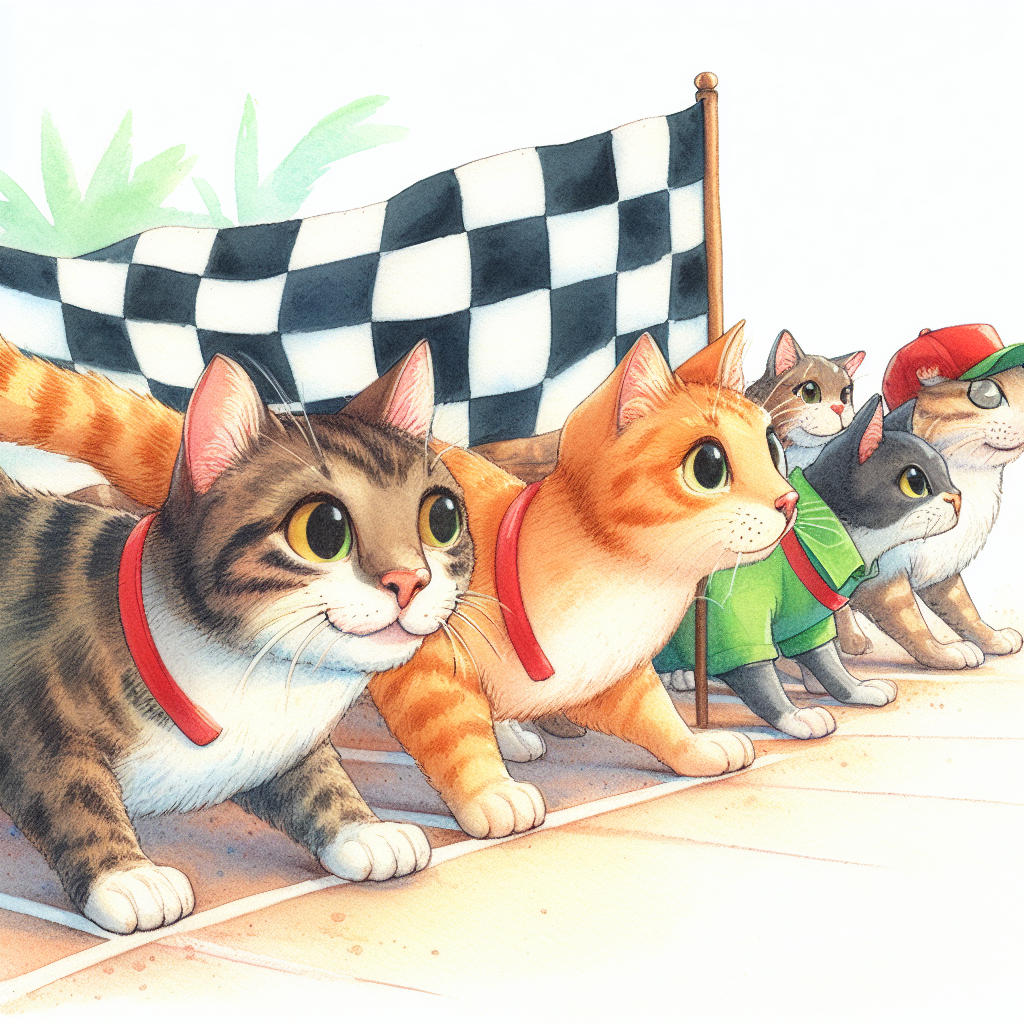
And off we go - As Many As Possible, As Soon As Possible!
1/3/24 – ADOPT – 2 friendlies, one male, one female. Two kittens were brought to us on 12/29/23. They were older than we were really comfortable with but felt we should try – they could go back outside with eartips if they did not decide to be tame. They did progress, were neutered 1/3 and have made more progress. There was one more kitten out there, avoiding the trap, we asked that the caretaker stop and give good food and shelter and we would neuter it in the Spring.
1/19/124 – ADOPT – 10 friendlies, 4 females, 6 males. Some of these came in to us in November but 3 came on January 4th, one was in a garage in Oak Brook, two more were at a location in Wood Dale that we had been trying to get the last cat and here were older kittens. We have been constantly forced to tell people “no” each and every day since then as we must stop and regroup, adopt out what we have on hand, take care of all of our responsibilities.
Total: 12 for January, 12 for 2024, 14,892 since our start.
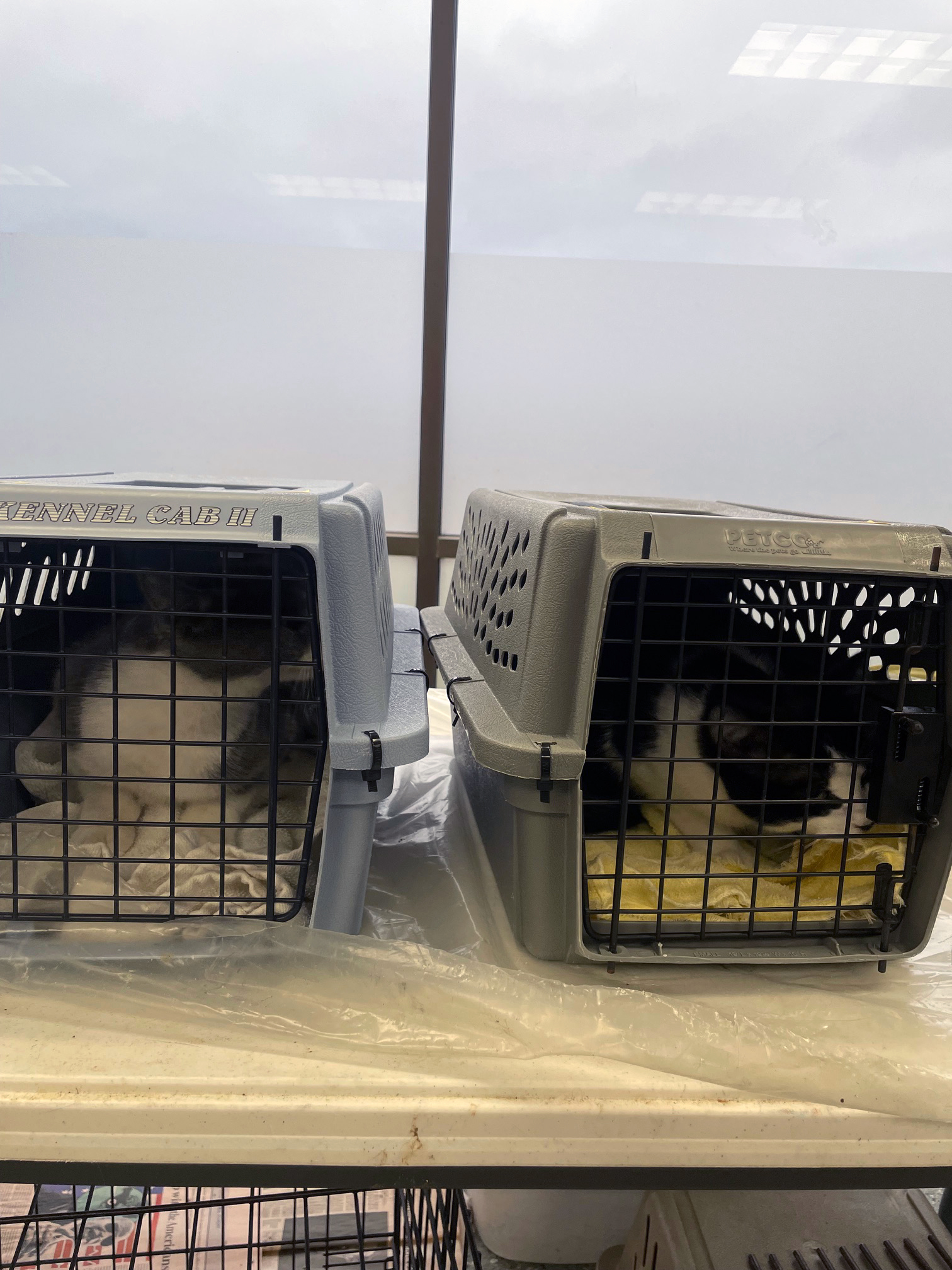 |
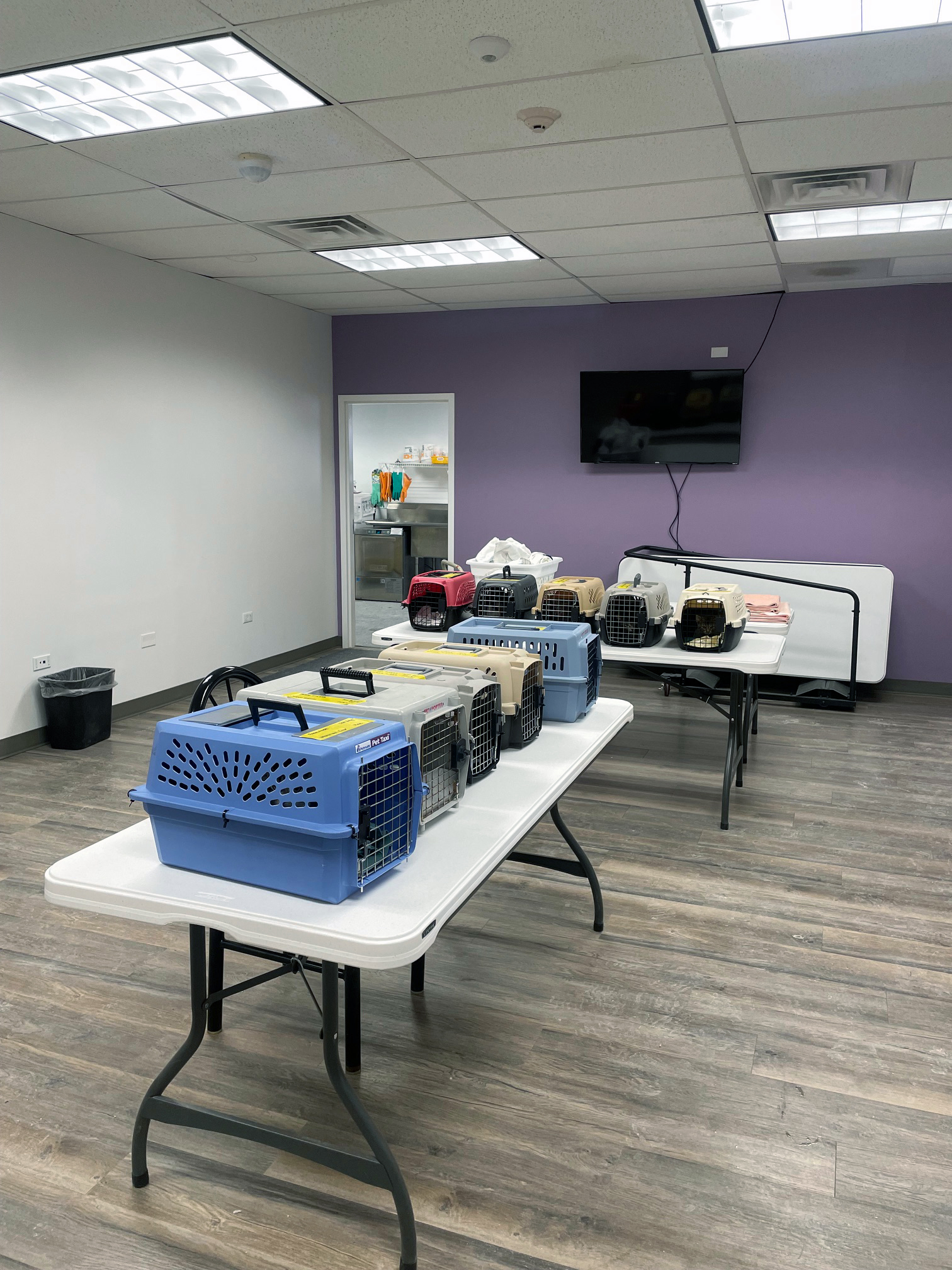 |
|
| Only two friendlies on 1/3/24 but very important that we get them s/n and on their way! | We used the big room this time to stage the friendlies for 1/19. |
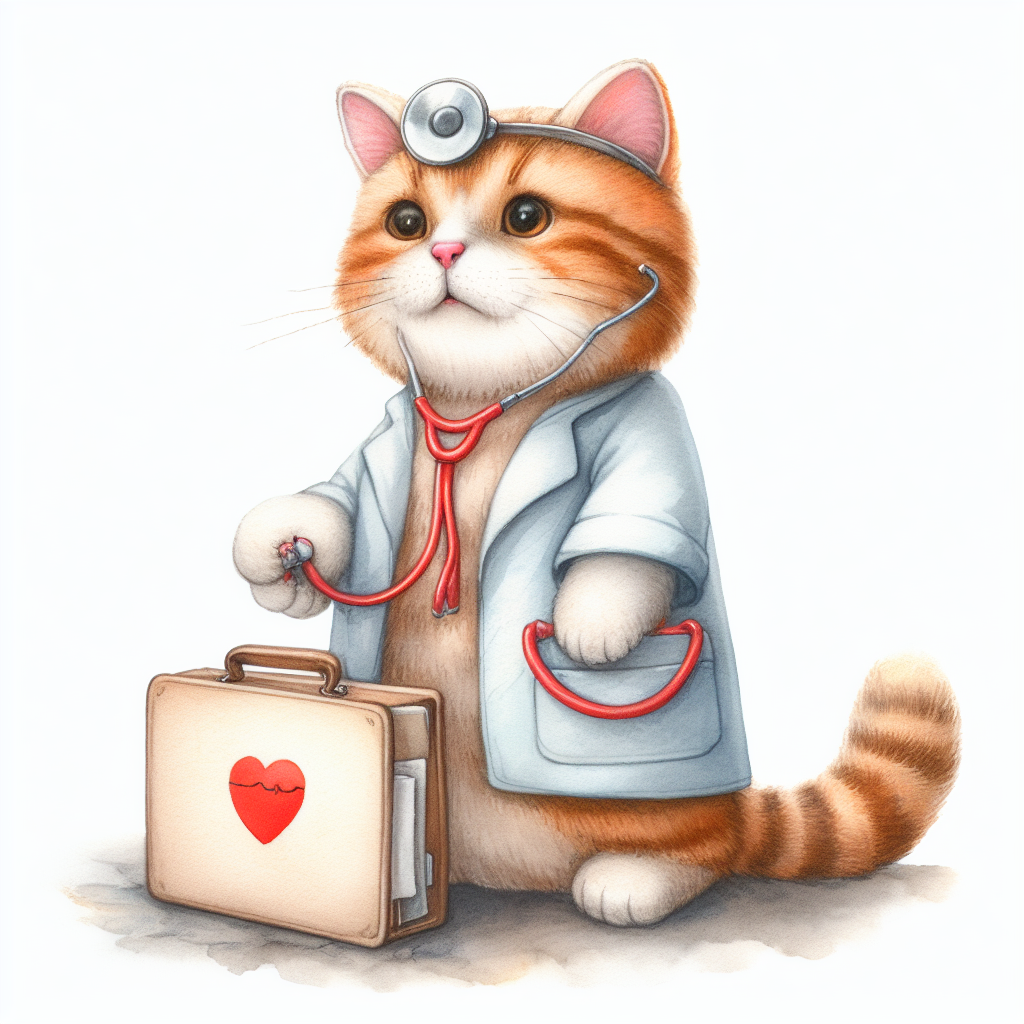
Support A Mid-level, Veterinary Professional Associate Program
Position statement from Association for Animal Welfare Advancement. They are suggesting a mid-level, Veterinary Professional Associate Degree program (similar to physicians assistants for humans) be created to reduce the lack of veterinary care available across the nation.
What I sent to my congressman:
“I am president of Feral Fixers NFP, a TNR (trap/neuter/return) organization that in 16 years has neutered almost 15,000 cats. Preventing at least 200,000 kittens. We could do more if there were sufficient veterinary support. We are only limited by the number of s/n surgery slots we can obtain, that is limited by the 15,000 veterinarian shortage across the nation. Here is a great suggestion by the Association for Animal Welfare Advancement (https://theaawa.org/position-statements/). Here is a large organization that is making a reasonable suggestion to help our nation's animals and their human families, while reducing the impact on local police departments and animal controls. If change does not happen, unchecked euthanasia will return to being common place. You may not be on a committee that is currently responsible for changes in animal care but please keep this in mind and take any opportunity to endorse a change in the level of education in order to reduce the burden on all facets of animal care.”
I have no idea what committee would be involved in legislation that would work on this but felt the need to share the info. Please share where you can. Change has to start somewhere.
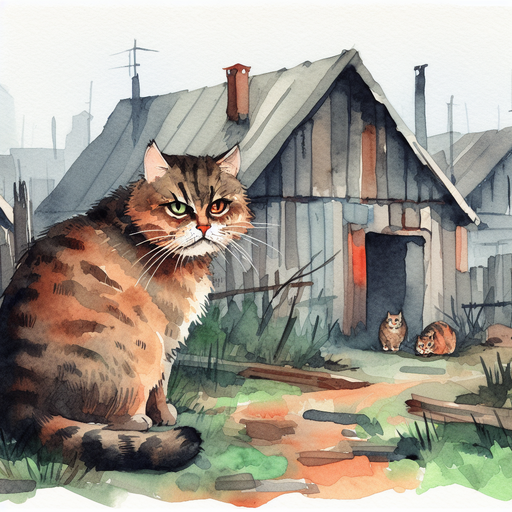
This Is NOT A Friendly
We hear this sort of story all the time - “She is very friendly… looks at me and meows when I bring out her food. Often, I get really close to her when I put the bowls down….”
So often people are close to tears as they just don’t understand that a cat is deemed friendly and adoptable only when you can pick it up and handle it for at least several minutes. We have to have basic criteria before investing time and space to a cat in hopes it will become adoptable. It can take months before a cat really goes all the way to being a friendly if they are not completely receptive from the beginning. Our goal is to neuter as many cats as possible in order to create room for those cats who are already friendly to have homes. Due to the current shelter and spay/neuter crisis, cats are having to go back outside or be fostered by their caretakers until they are indeed what the public considers “friendly.” Please understand that we are doing the best we can and help us to neuter every cat we encounter – at the very least!

Microchips Make a Difference
Often one cat at a time, microchips make a difference in cat’s lives. A cat traveled from Nevada to Wyoming and finally home to Decatur, Illinois all because he was microchipped. And of course, the caring individuals who scanned him, found his owners and then transported him across country, hosting him at stops along the way.
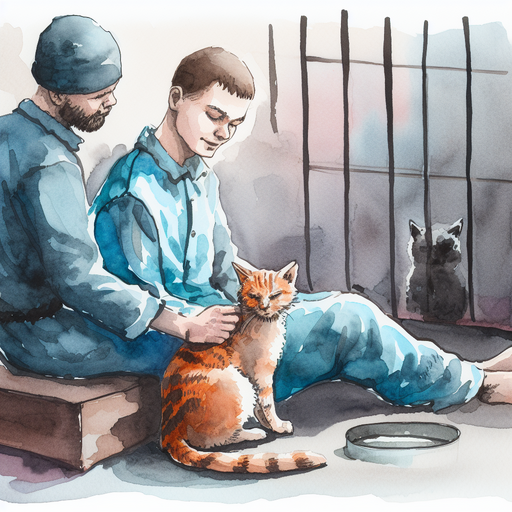
Cats, Incarceration, Chile
Cats can make a difference, even in those humans who have been imprisoned and removed from society. Known as “the Pen,” the 180-year-old main penitentiary in Santiago, Chile’s capital, has long been known as a place where men live in cages and cats roam free. What is now more clearly understood is the positive effect of the prison’s roughly 300 cats on the 5,600 human residents. In 2016, when the cat population had ballooned up to 400, an organization was given permission to provide spay/neuter, health care for the cat inmates and the population has stabilized thru the combined efforts of Felinnos Foundation and the inmates.

